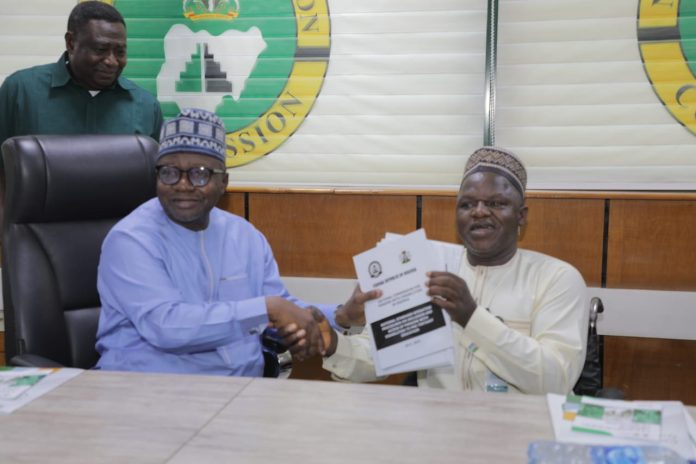In a strategic move to promote the inclusion of Persons with Disabilities (PWDs) across Nigeria, Chief Ayuba Gufwan, the Executive Secretary of the National Commission for Persons with Disabilities (NCPWD), led a high-profile visit to the headquarters of the National Population Commission (NPC) in Abuja on October 30, 2024. The visit focused on forging a partnership to ensure accurate data collection on PWDs, addressing the long-standing challenges of inadequate demographic information that have hindered effective service delivery for people with disabilities.
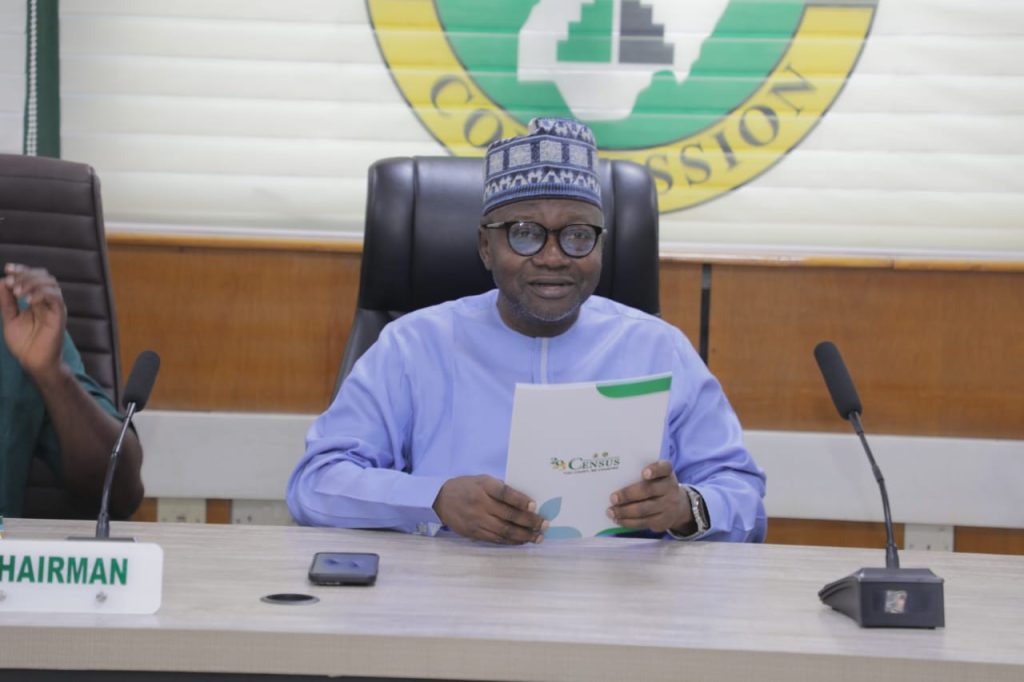
During the meeting, Chief Gufwan emphasized the crucial role of data in promoting meaningful inclusion and policy-making. He stressed that accurate, disaggregated data—capturing gender, disability types, and specific clusters—is essential for tailoring interventions and resources to meet the unique needs of each group. “Knowing the exact number of Persons with Disabilities according to clusters and gender will be an added advantage in advancing inclusion,” he noted.
Drawing from his personal experience during Nigeria’s 2006 census, Chief Gufwan shared a concerning incident where an enumerator pre-filled a census form on his behalf and requested a thumbprint without engaging him in the process. He pointed out that if such oversight could happen to someone with education and awareness, it could be even more challenging for individuals with limited access to information. His story underscored the need for proper training of census personnel to ensure a fair, respectful, and inclusive process for all PWDs.
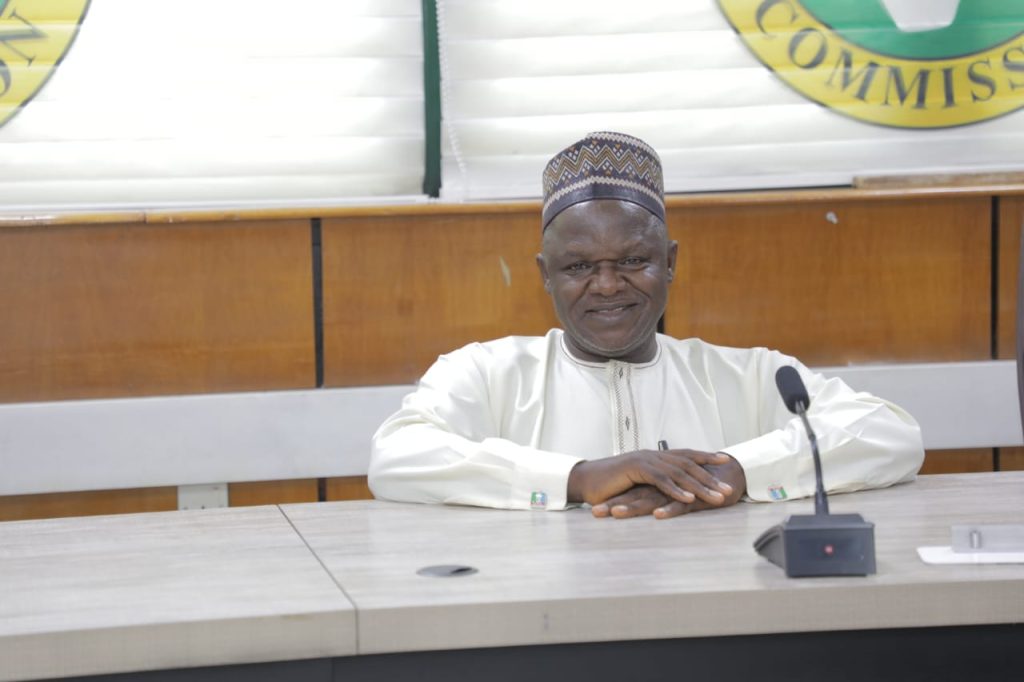
Responding to these concerns, Hon. Nasir Isa Kwarra, Chairman of the NPC, acknowledged the significance of comprehensive data collection and admitted that the absence of an updated census has been a major obstacle in planning and development. He explained that the last nationwide census was conducted in 2006, and subsequent efforts were delayed by challenges, including the COVID-19 pandemic. However, he assured the NCPWD that the needs of PWDs are prioritized within President Bola Ahmed Tinubu’s Renewed Hope Agenda.
Hon. Kwarra further highlighted the NPC’s readiness to adopt a modernized approach for the next national census. He revealed that the Commission plans to deploy advanced digital tools and updated methodologies, which will enhance accuracy and make the census process more inclusive than ever before. This, he said, aligns with the NPC’s commitment to ensuring that no individual or group is left behind.
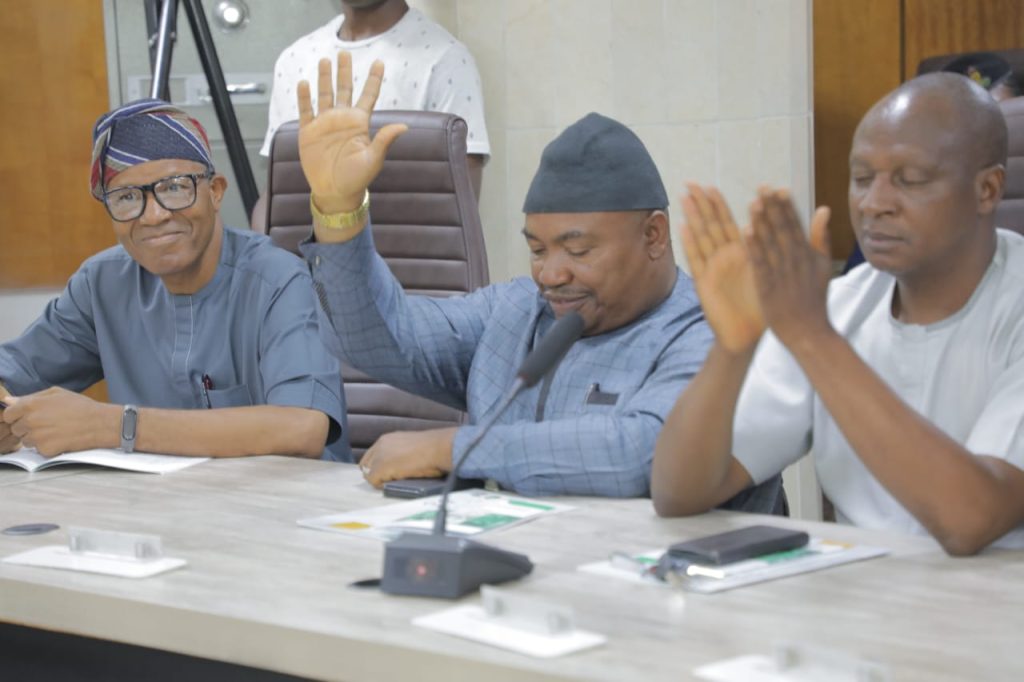
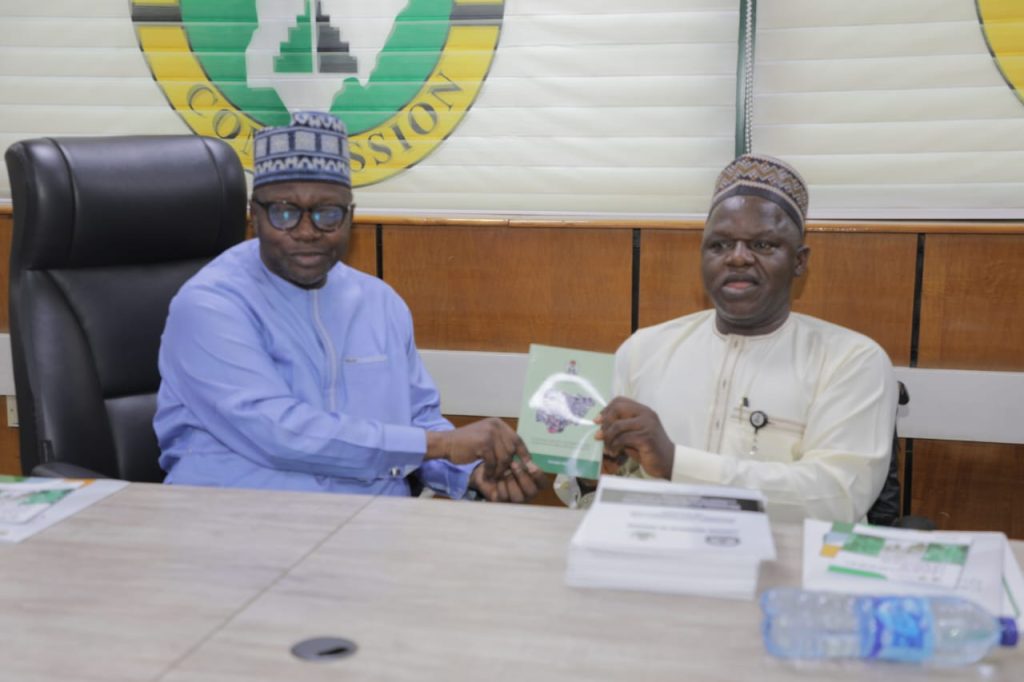
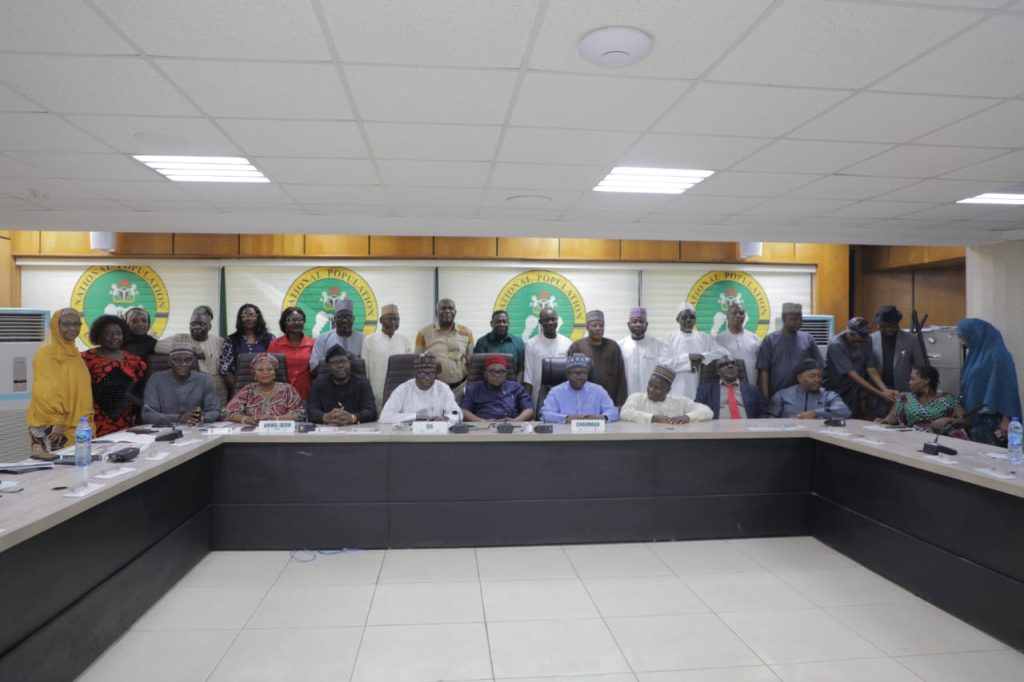
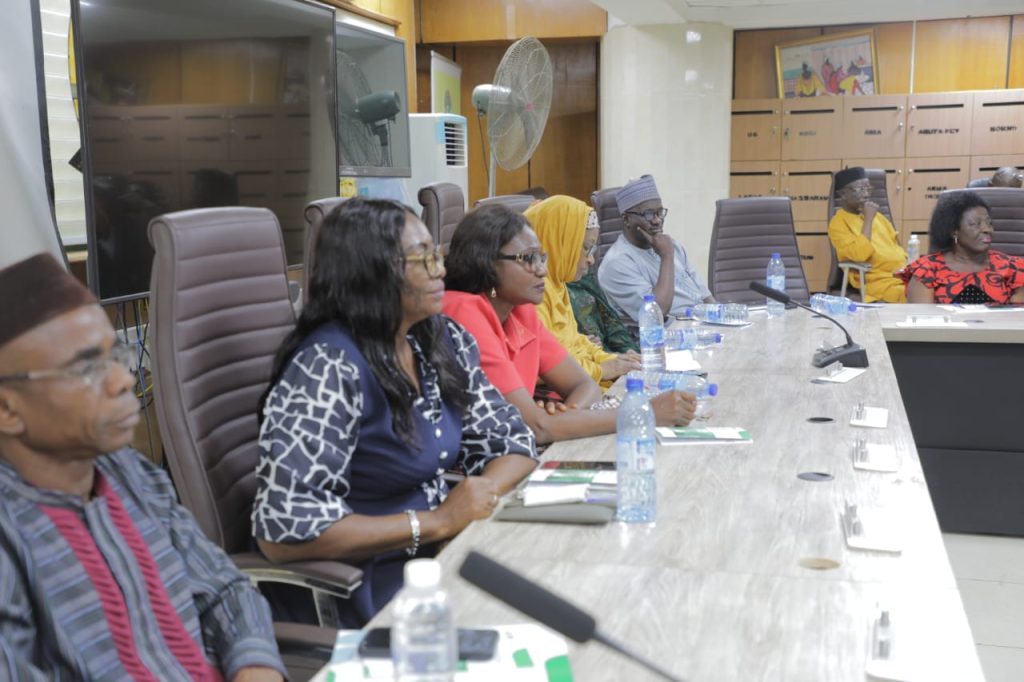
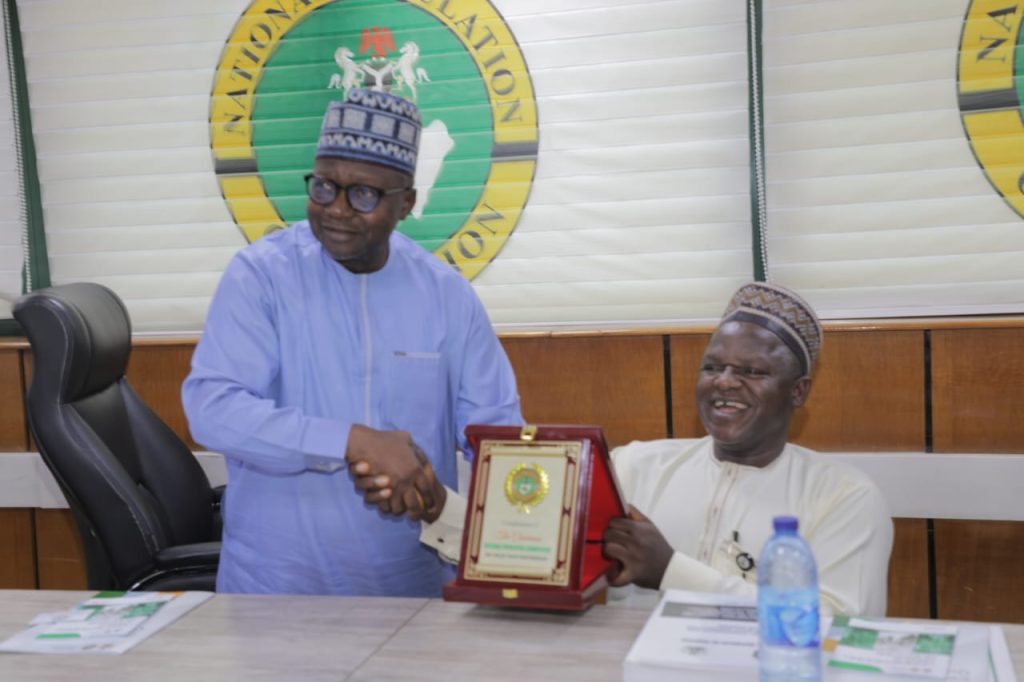
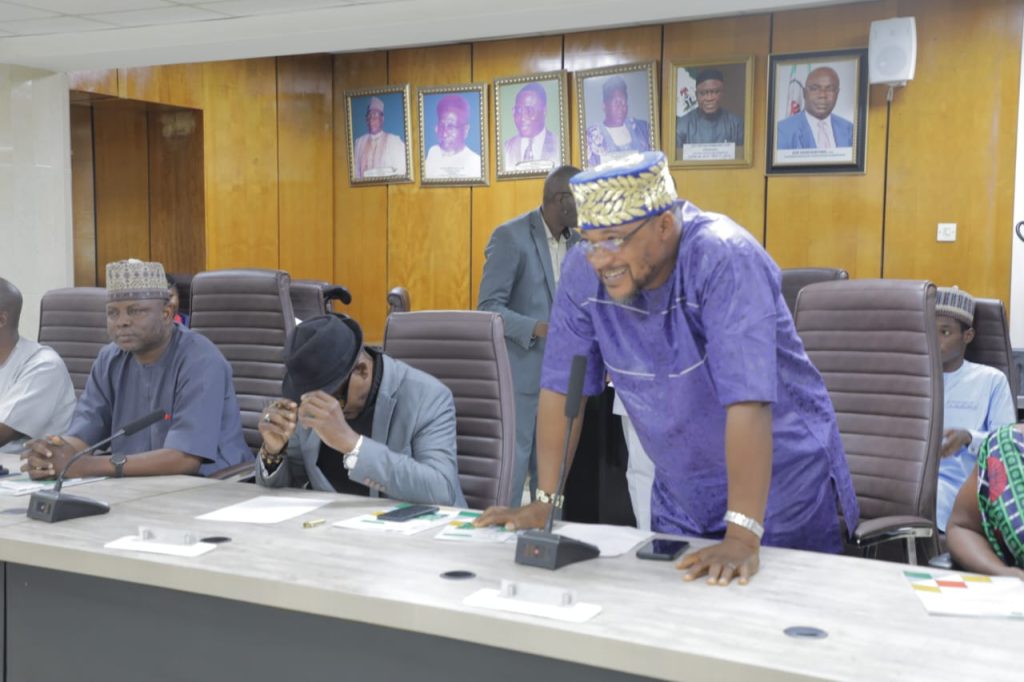
The NPC Chairman also encouraged Chief Gufwan to leverage his influence and network to advocate for the prioritization of a new national census, underscoring that timely data is essential for designing effective policies that address the needs of PWDs. “We must work together to push for a census that reflects the true diversity of our population,” Kwarra stated.
The meeting concluded on a positive note, with both parties reaffirming their commitment to collaboration. An exchange of symbolic gifts between Chief Gufwan and Hon. Kwarra marked the beginning of what both leaders hope will be a fruitful partnership dedicated to advancing the rights and well-being of PWDs in Nigeria.
Under the leadership of Chief Gufwan, the NCPWD has prioritized advocacy, accessibility, and equal opportunities for PWDs. The Commission’s engagement with the NPC reflects its dedication to fostering inclusion through evidence-based policies, ensuring that individuals with disabilities are fully integrated into all aspects of Nigerian society.
This visit signals a critical step in bridging the data gap on PWDs and paves the way for more inclusive planning and governance at both state and federal levels. As Nigeria prepares for a future census, this collaboration between the NCPWD and NPC offers renewed hope that the voices of persons with disabilities will be accurately reflected and their needs adequately addressed in national development plans.
With both institutions committed to driving change, there is optimism that the upcoming census will set a new standard in inclusive data collection, ensuring that all citizens, regardless of their abilities, are counted, recognized, and valued.

